Informatics Europe annually organises a workshop in collaboration with the National Informatics Associations (NIAs) in Europe. This year it was held on Wednesday, 25 October and chaired by Pekka Orponen, Aalto University (Finland) and Manuel Carro, Technical University of Madrid/IMDEA Software Institute (Spain).
This year’s workshop addressed the effects of the recent developments in AI on the future of informatics education. One of the sessions focused specifically on the impact on the practice of software engineering education, with case studies from our member associations. A second session considered the broader impacts on the Informatics curriculum and educational practices: the shifting balance of core areas, teaching critical thinking and social responsibility, emerging AI-supported tools and their proper use. A third session reviewed the progress of the Open Science initiatives discussed at last year’s ECSS. The workshop was open to all ECSS participants.
Workshop Rundown
09:00 - 10:30 Session 1: AI and the practice of teaching Software Engineering
- "Software Engineering Education in the Era of Large Language Models: Promises and Perils"
by Massimiliano Di Penta, University of Sannio (Italy) [Slides] - "Teaching software engineering for AI-enabled systems" by Filippo Lanubile, University of Bari (Italy) [Slides]
10:30 - 11:00 Coffee break
11:00 - 12:30 Session 2: The impact of AI on Informatics curricula and educational practices
- "Benefits, risks, and challenges of AI in informatics education" by David López, Scientific Society of Computing of Spain/Universitat Politècnica de Catalunya (Spain) [Slides]
- "Should We Still Teach 'Programming'?" by Thomas Gross, ETH Zurich (Switzerland) [Slides]
12:30 - 14:00 Lunch
14:00 - 15:30 Session 3: The future of Informatics research evaluation
- "Open science and research assessment: Which agenda should the informatics community push forward?"
by Pierre Paradinas, CNAM/SIF (France) & Laurent Romary, Inria (France) [Slides]
15:30 - 16:00 Summary and next steps
Further Readings
-
Angela Fan, Beliz Gokkaya, Mark Harman, Mitya Lyubarskiy, Shubho Sengupta, Shin Yoo, Jie M. Zhang: Large Language Models for Software Engineering: Survey and Open Problems https://doi.org/10.48550/arXiv.2310.03533
-
Xinyi Hou, Yanjie Zhao, Yue Liu, Zhou Yang, Kailong Wang, Li Li, Xiapu Luo, David Lo, John C. Grundy, Haoyu Wang: Large Language Models for Software Engineering: A Systematic Literature Review. https://doi.org/10.48550/arXiv.2308.10620
-
Trevor Stalnaker, Nathan Wintersgill, Oscar Chaparro, Massimiliano Di Penta, Daniel M. Germán, Denys Poshyvanyk: BOMs Away! Inside the Minds of Stakeholders: A Comprehensive Study of Bills of Materials for Software Systems. CoRR abs/2309.12206 (2023) (to appear at ICSE 2024) https://doi.org/10.48550/arXiv.2309.12206
Provided by Filippo Lanubile for Session 1:
- D. Sculley, et al. (2015). Hidden technical debt in machine learning systems. Advances in neural information processing systems, 28. https://proceedings.neurips.cc/paper_files/paper/2015/hash/86df7dcfd896fcaf2674f757a2463eba-Abstract.html
- A. Saleema, et al. “Software engineering for machine learning: A case study.” Int. Conf. on Software Engineering (ICSE), 2019. https://doi.org/10.1109/ICSE-SEIP.2019.00042
- C. Kästner and E. Kang, "Teaching software engineering for Al-enabled systems", 2020 IEEE/ACM 42nd International Conference on Software Engineering: Software Engineering Education and Training (ICSESEET), pp. 45-48, 2020. https://doi.org/10.1145/3377814.3381714
- F. Lanubile, S. Martínez-Fernández and L. Quaranta, "Teaching MLOps in Higher Education through Project-Based Learning," 2023 IEEE/ACM 45th International Conference on Software Engineering: Software Engineering Education and Training (ICSE-SEET), Melbourne, Australia, 2023, pp. 95-100, https://doi.org/10.1109/ICSE-SEET58685.2023.00015
Provided by David López for Session 2:
- F.J. García-Peñalvo, F. Llorens-Largo, and J. Vidal. (2024). The new reality of education in the face of advances in generative artificial intelligence. RIED-Revista Iberoamericana de Educación a Distancia, 27(1). Online first: https://revistas.uned.es/index.php/ried/article/view/37716/27914
- T. Wang and E. C. K. Cheng, "An investigation of barriers to Hong Kong K-12 schools incorporating Artificial Intelligence in education," Computers and Education: Artificial Intelligence, vol. 2, art. 100031, 2021. doi: 10.1016/j.caeai.2021.10003
Workshop Discussion Points
-
How would code review and quality assurance change when adopting LLM-based recommenders in software development? How would this impact on Software Engineering education?
-
How to cope with intellectual property problems related to using artefacts generated by LLMs in existing software systems? What about software bills of material?
-
How a software engineering course (and project) would look like in the era of LLMs?
Suggested by Filippo Lanubile for his talk "Teaching software engineering for AI-enabled systems" in Session 1:
-
How much a course of SE for AI would have to change if it is aimed at students with no knowledge of SE or, conversely, students with no knowledge of AI? Which basic knowledge in SE or AI is required?
-
How realistic should project work be to experience the challenges practitioners face in the workplace?
-
How to cope with the choice between the many tools and the rapid changes in the offer? Should we favour commercial platforms with educational licenses or open-source tools?
To be covered by David López for his talk "Benefits, risks, and challenges of AI in informatics education" in Session 2:
-
What needs do students (and academics) in informatics studies have regarding the disruptive emergence of AI?
-
Do we properly address the needs of ethics and computational thinking in informatics studies?
-
Perhaps the time has come to make a profound change in the curriculum. How can we approach it? What resistance will there be?
-
What teaching and assessment methods will we need? Or were they already needed and AI has just shown us?
- See full presentation abstract here.
*Please note that the photos below are better viewed when applying zoom out.
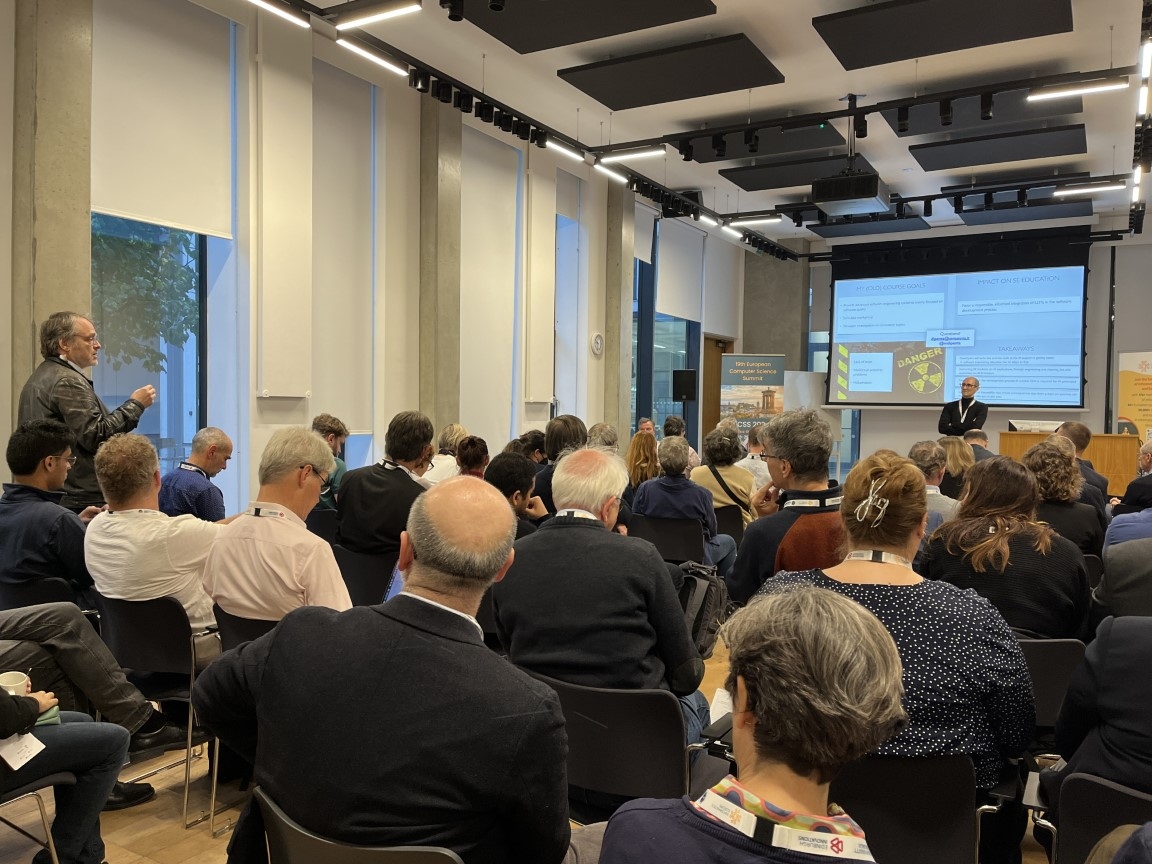
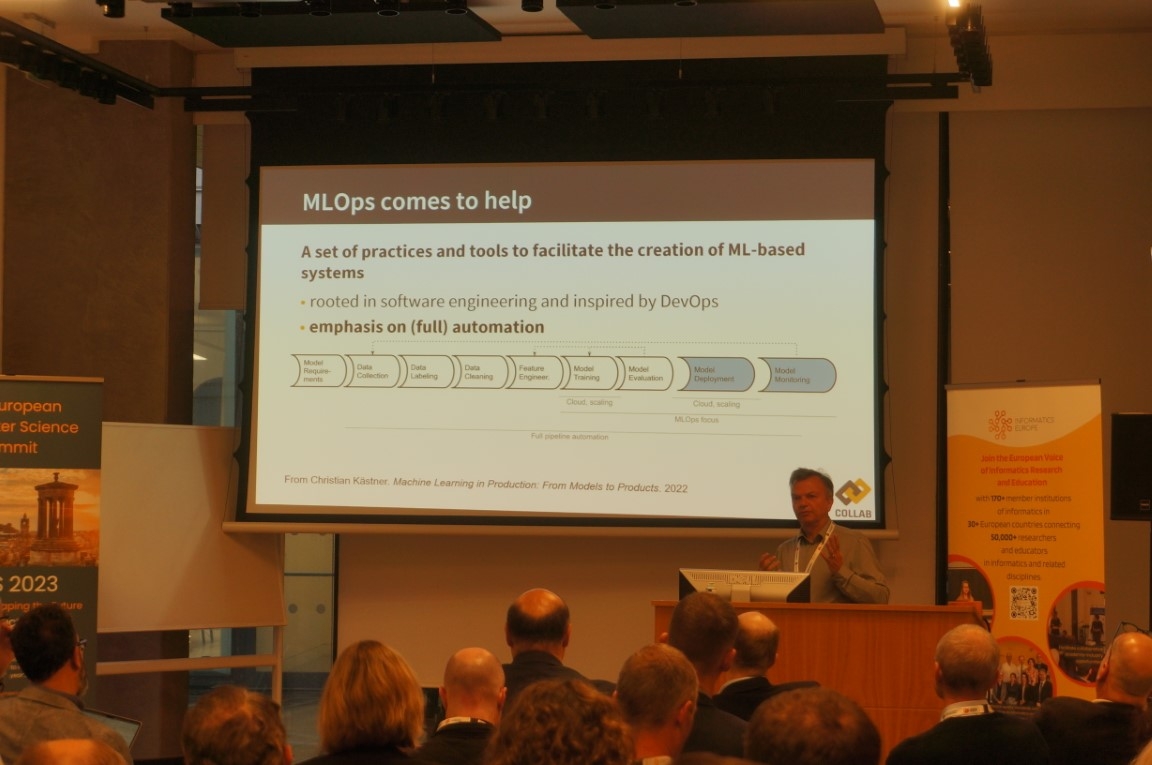
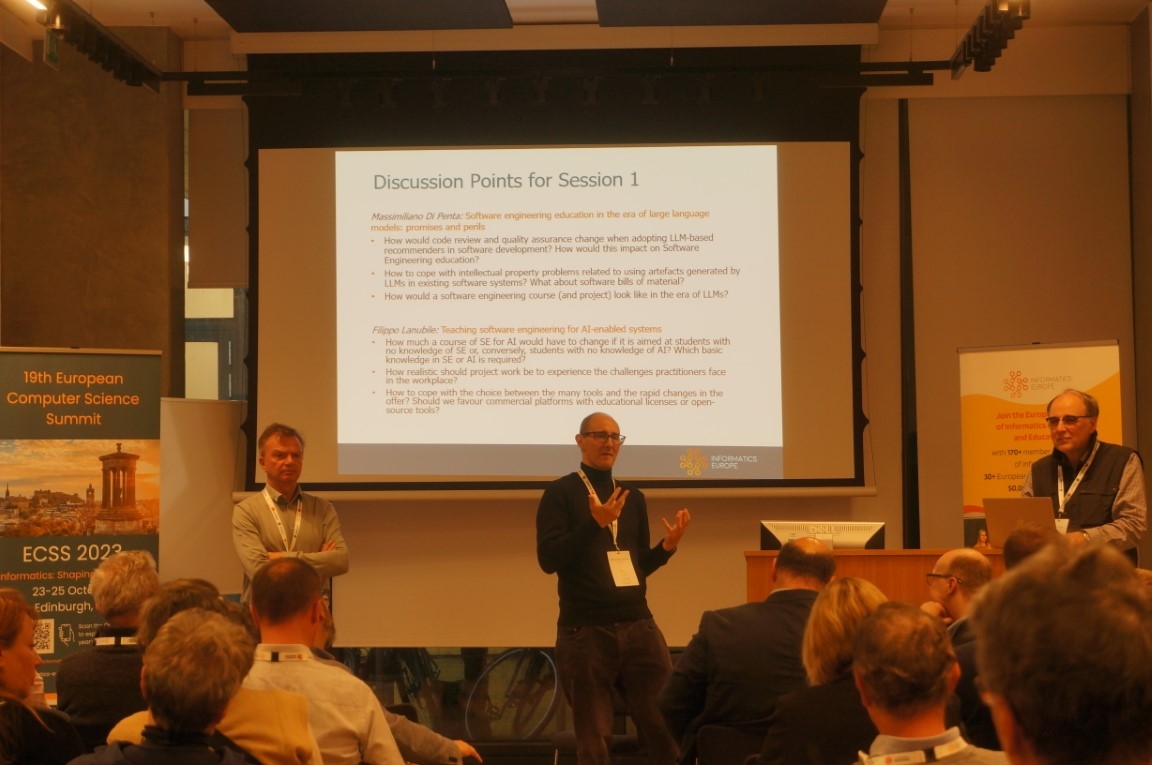
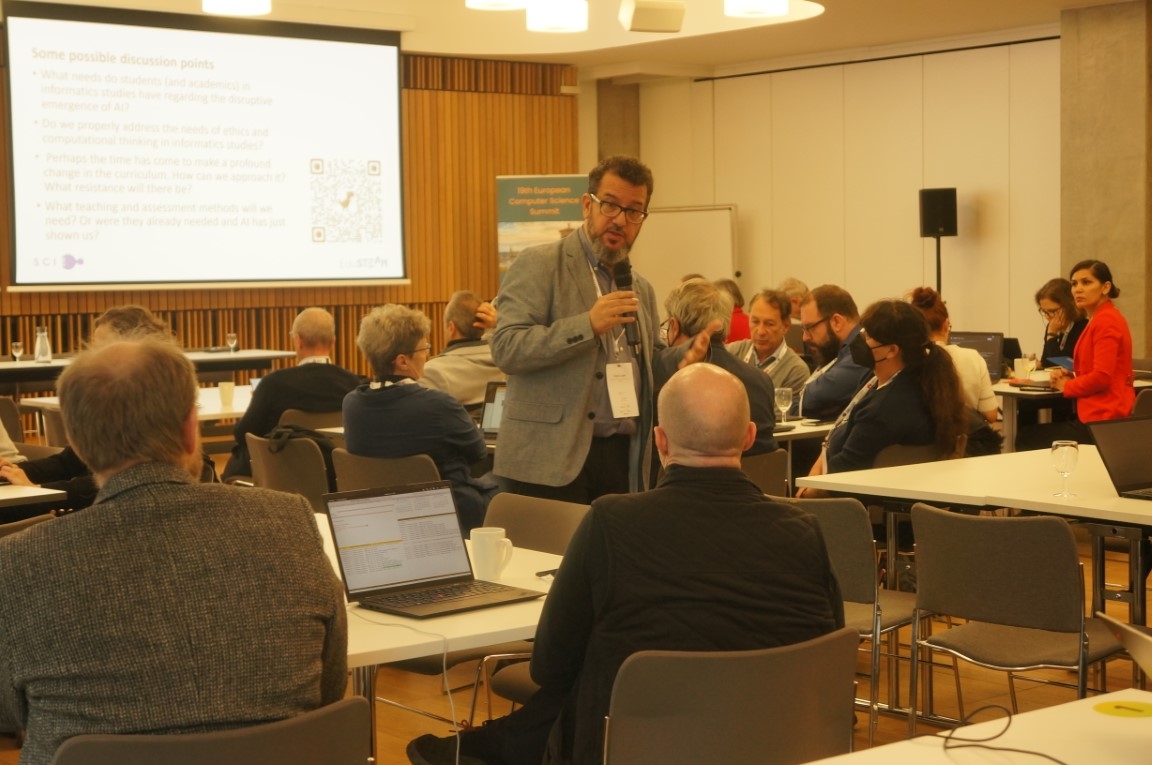
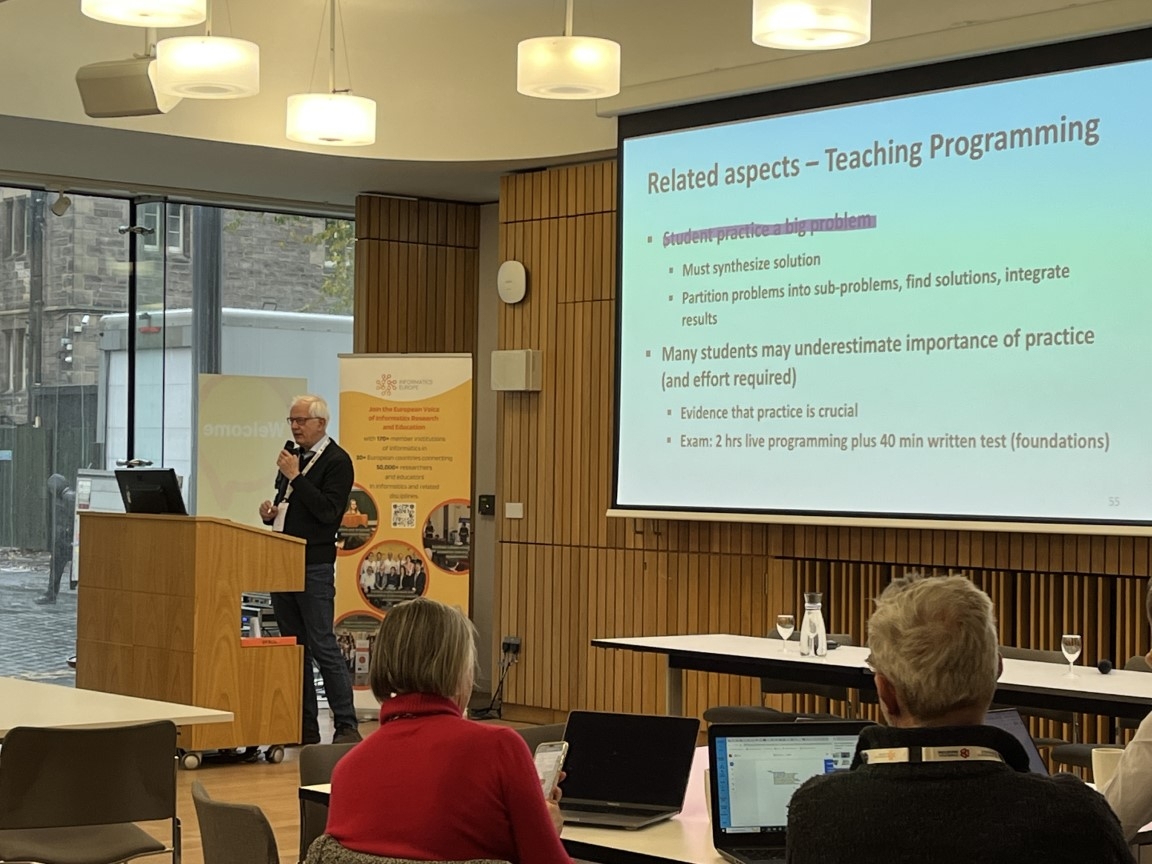
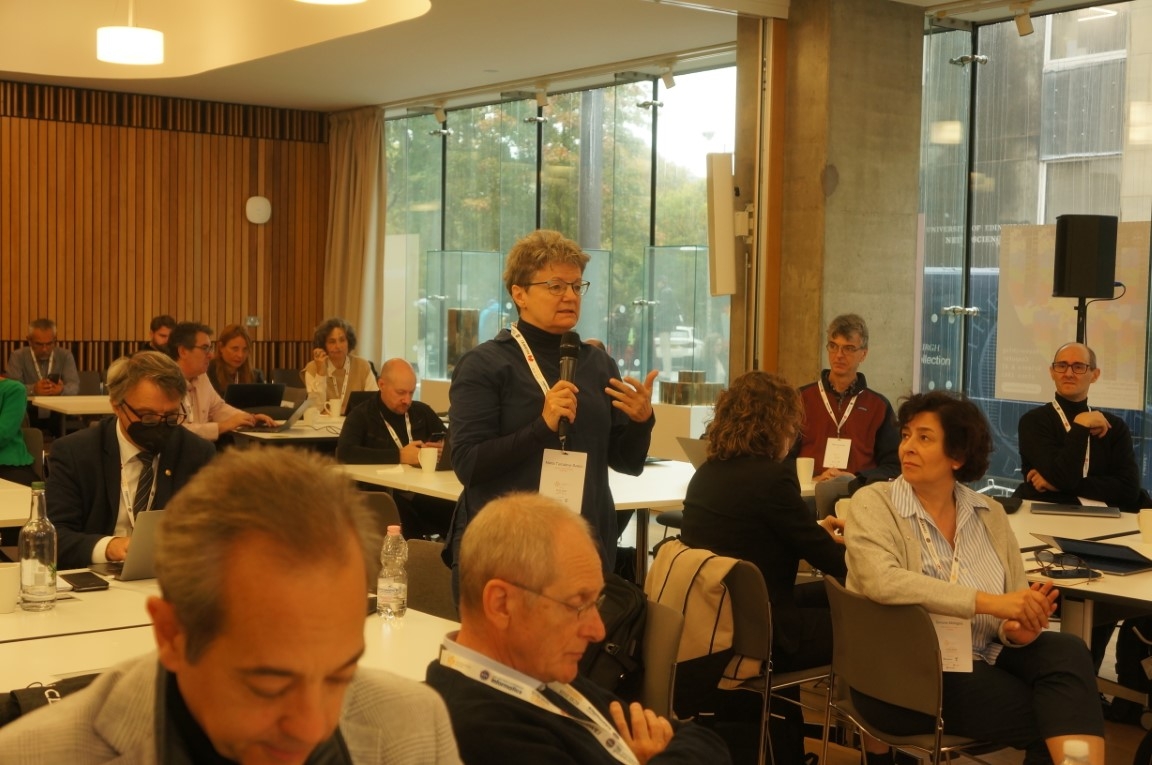
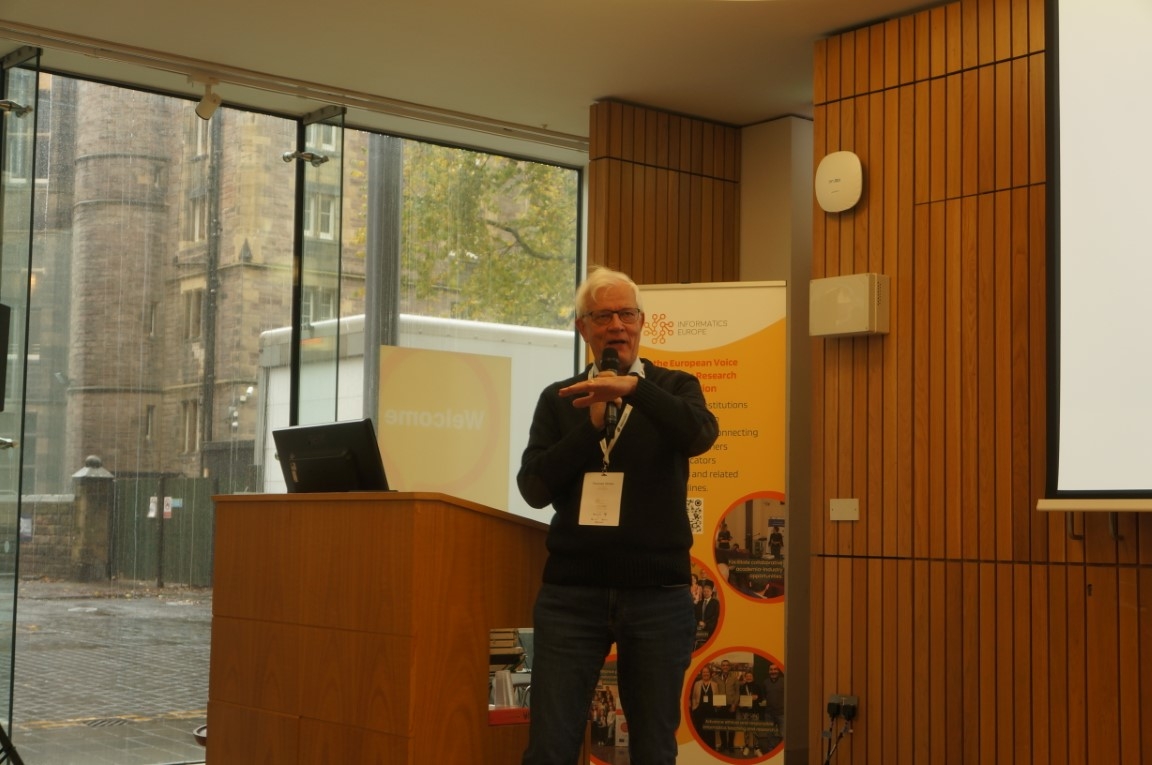
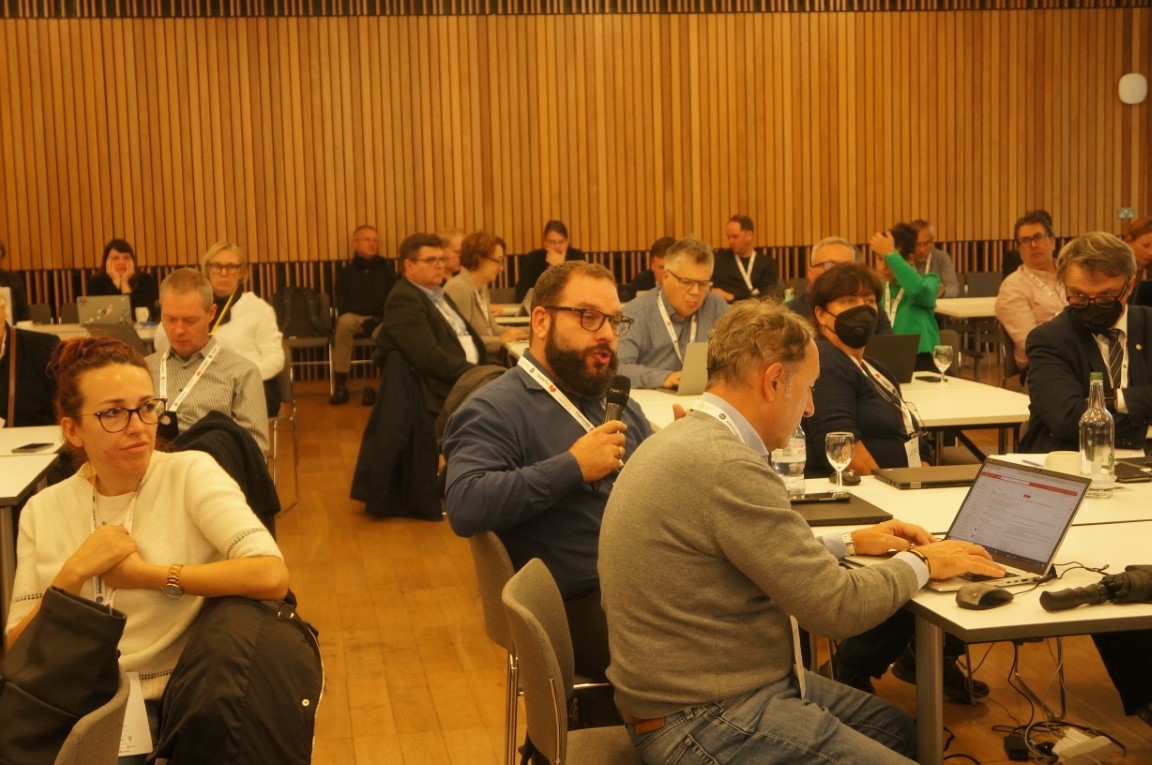
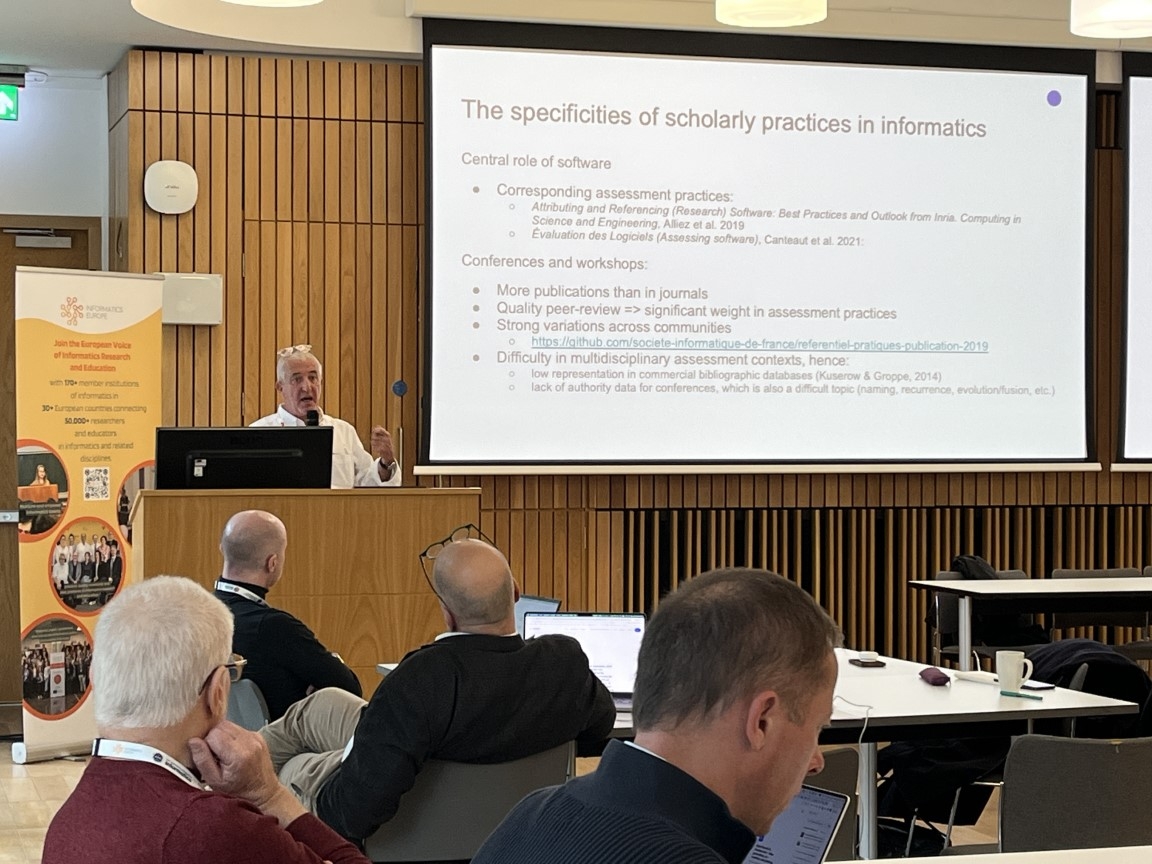
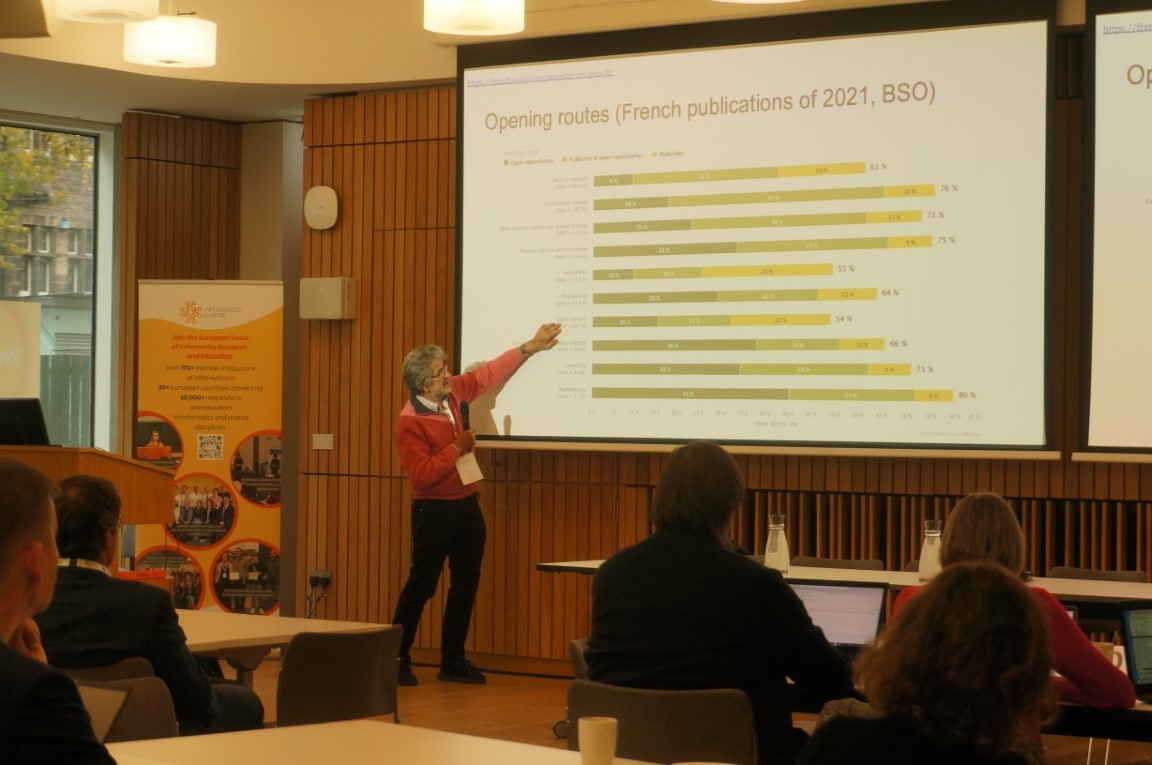
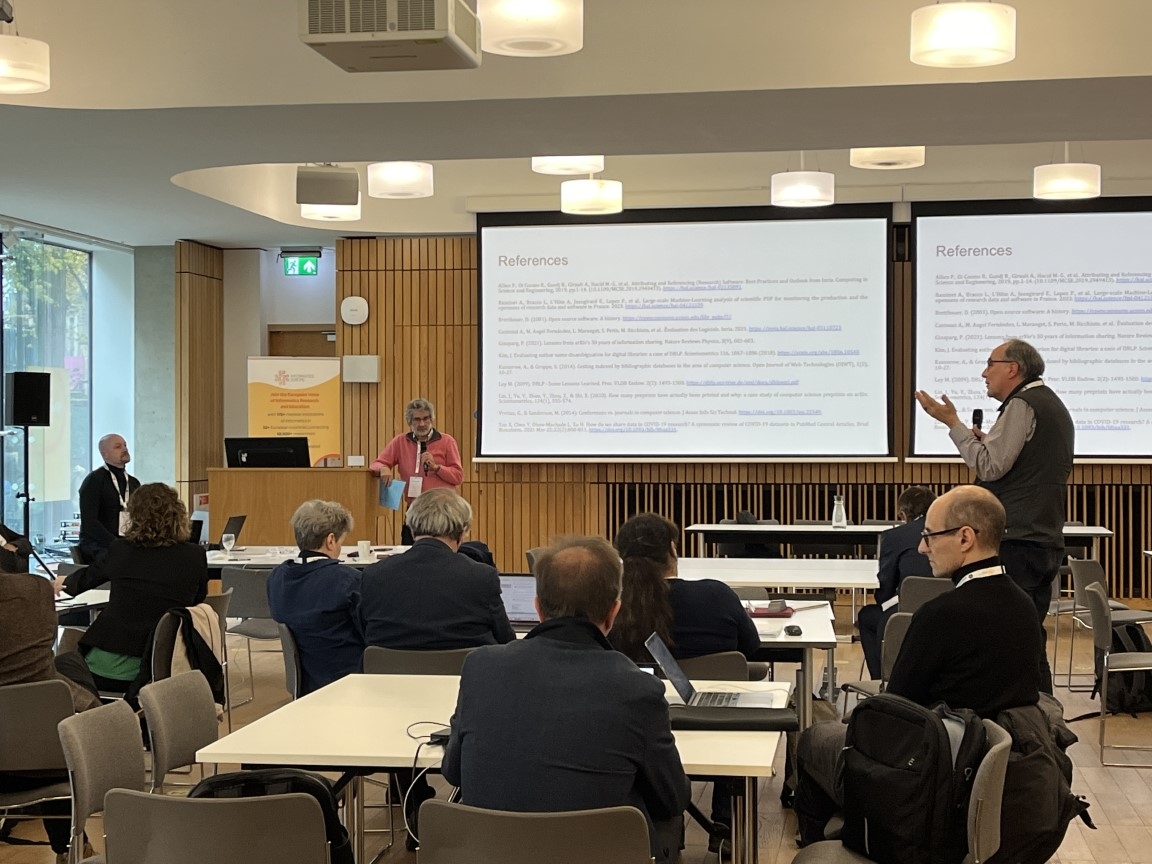
-
AI and the Future of Informatics Education Workshop
-
Filippo Lanubile, University of Bari, Italy
-
Discussion Session of "AI and the practice of teaching Software Engineering"
-
"The impact of AI on Informatics curricula and educational practices" Session
-
AI and the Future of Informatics Education Workshop
-
AI and the Future of Informatics Education Workshop
-
Thomas Gross, ETH Zurich, Switzerland
-
AI and the Future of Informatics Education Workshop
-
Pierre Paradinas, CNAM/SIF, France
-
Laurent Romary, Inria, France
-
Discussion Session on "The future of Informatics research evaluation"

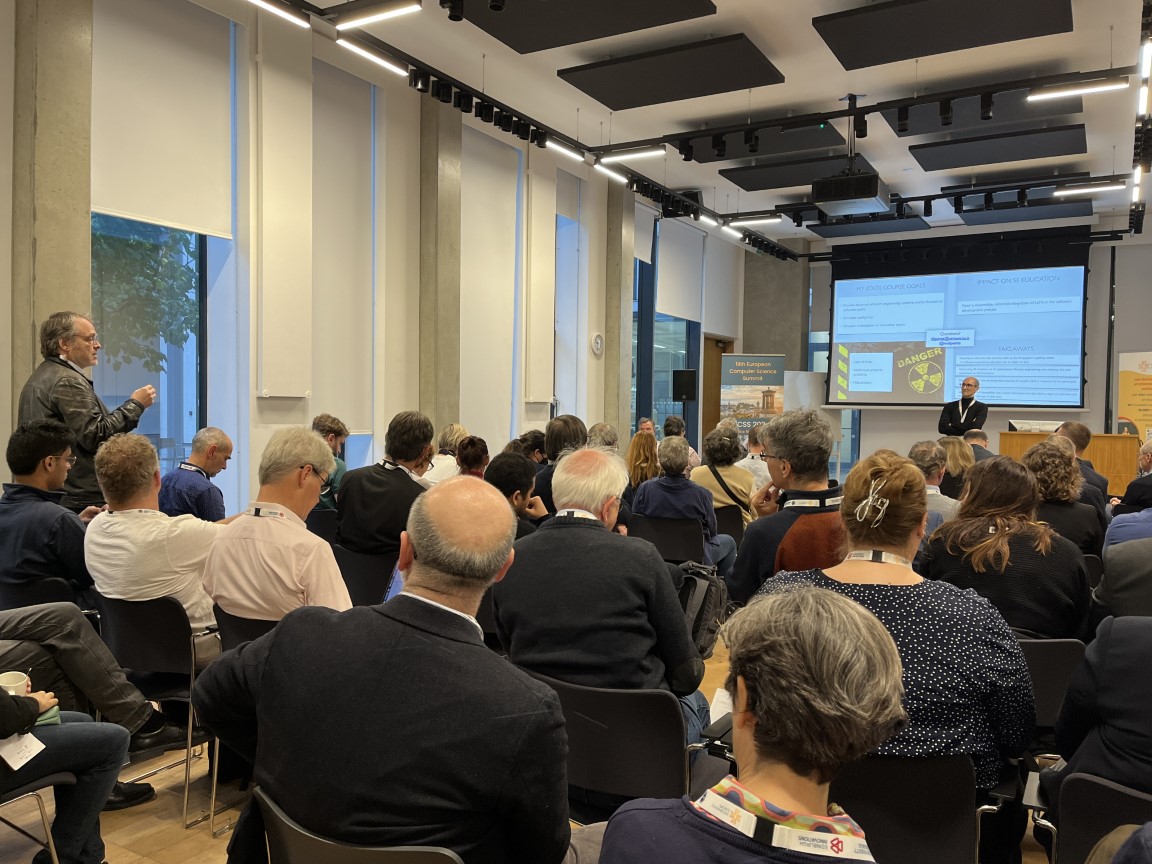
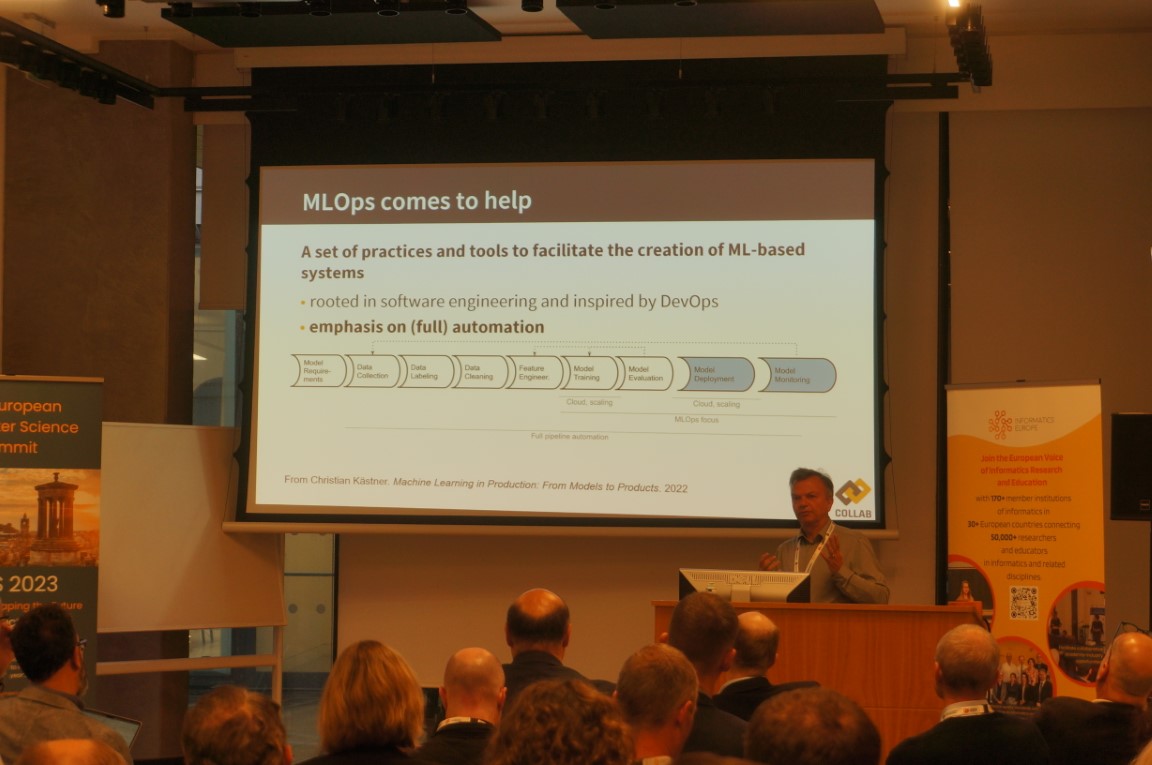
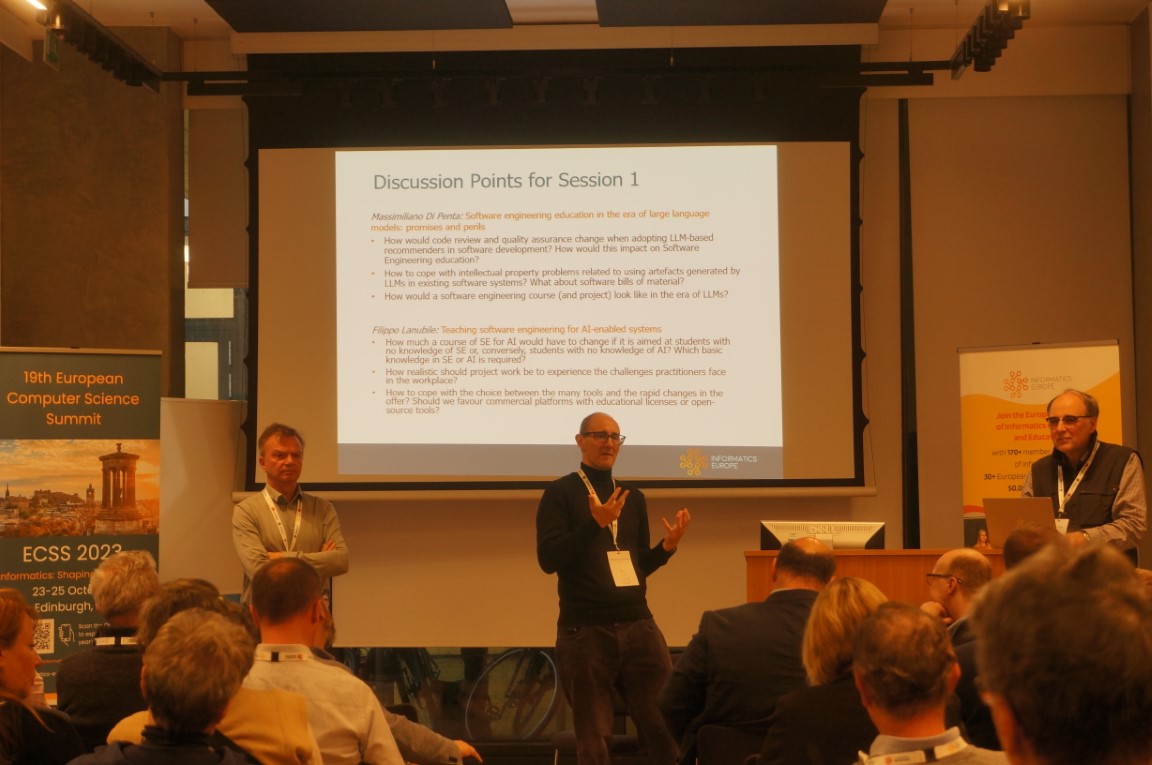
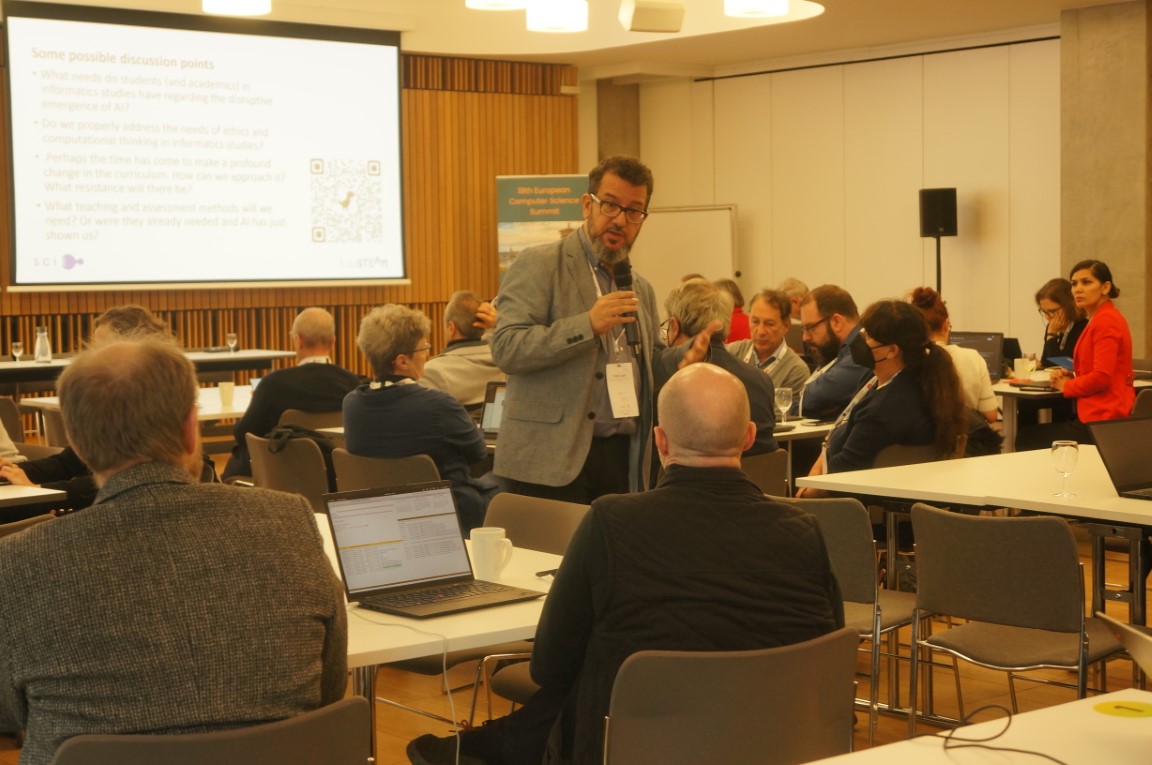
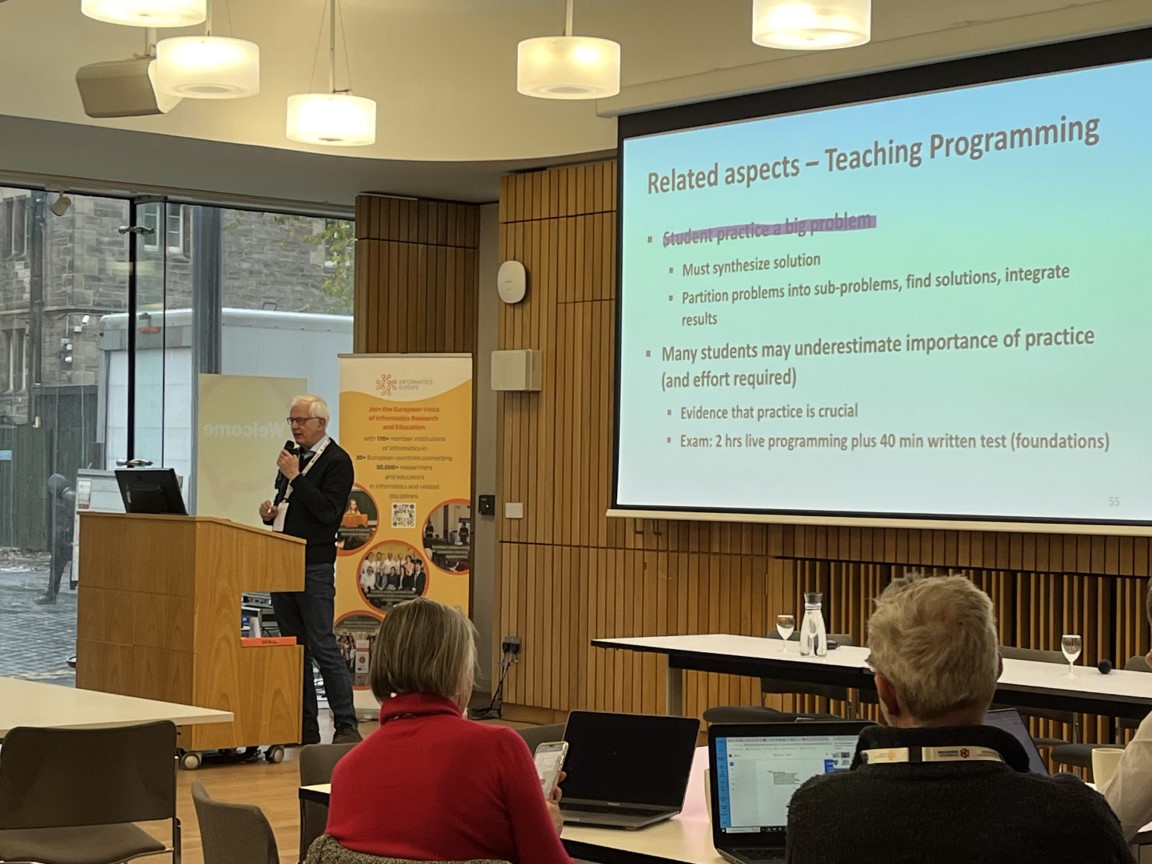
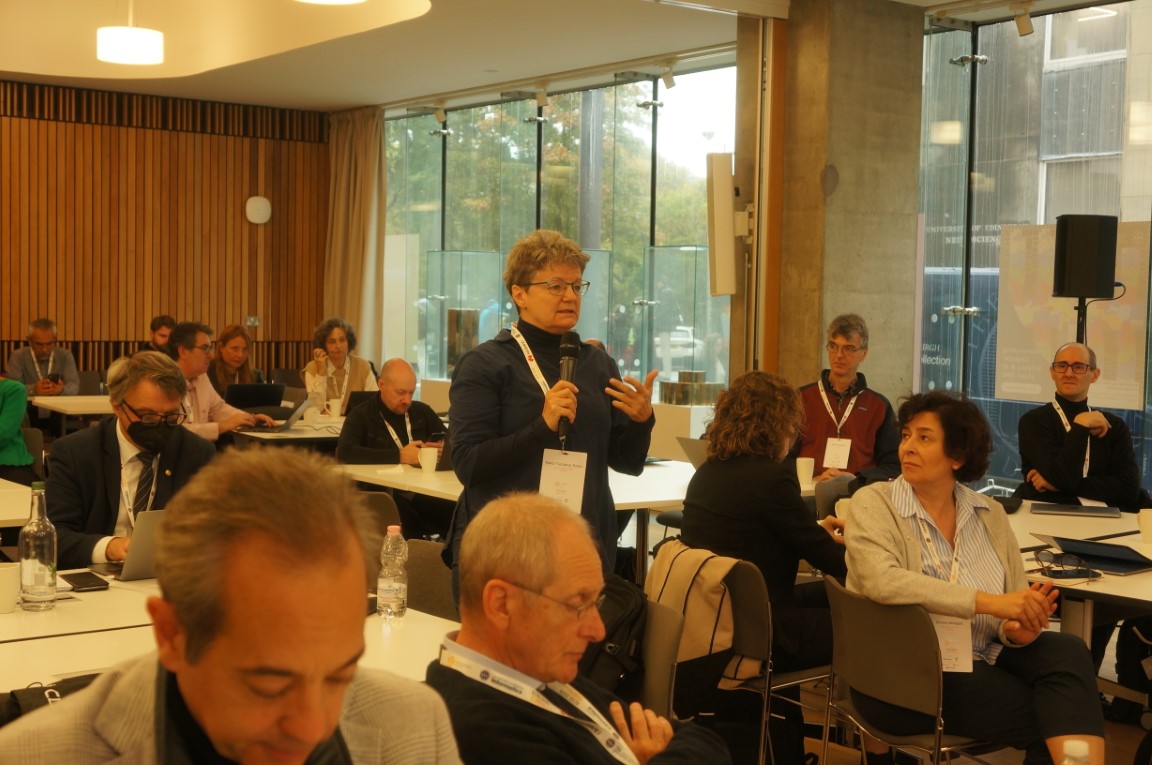
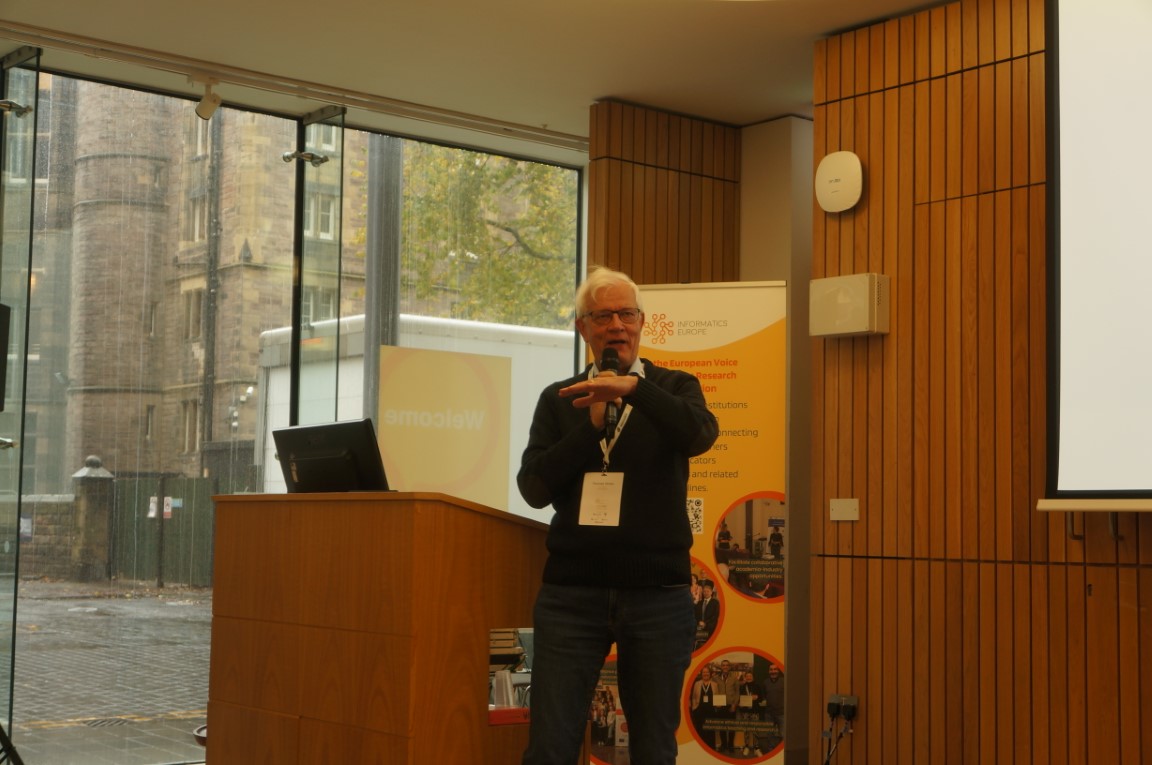
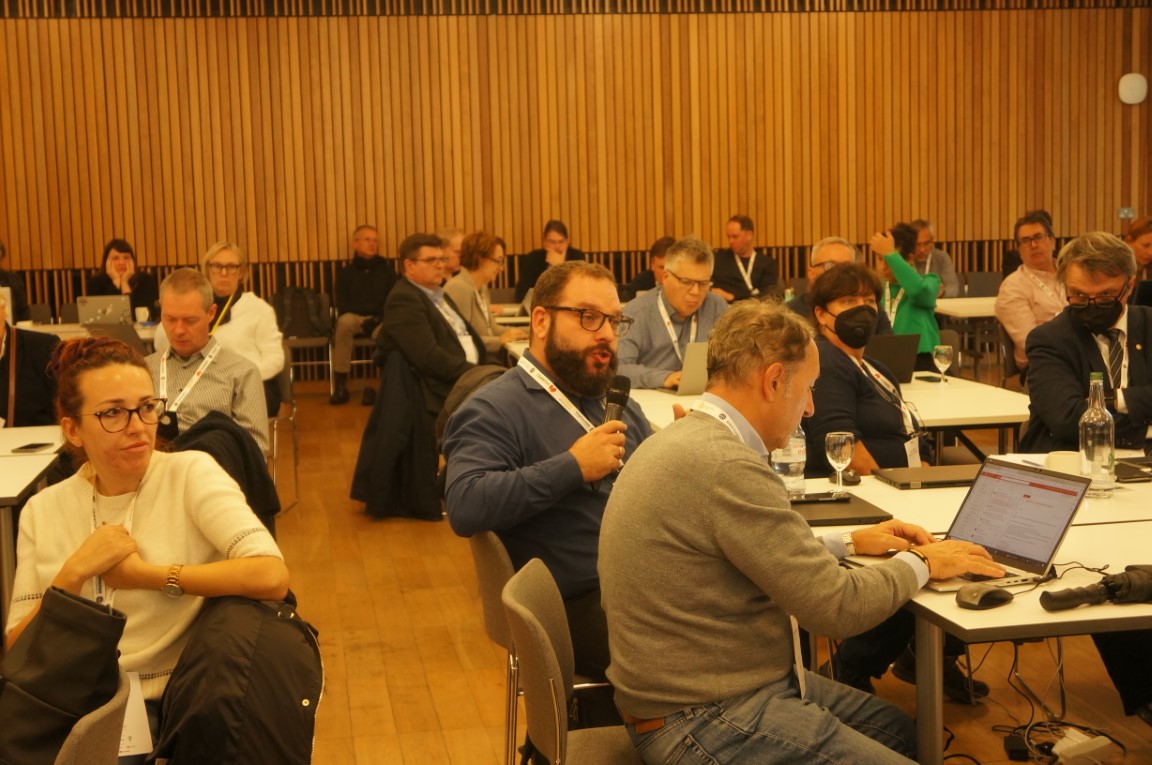
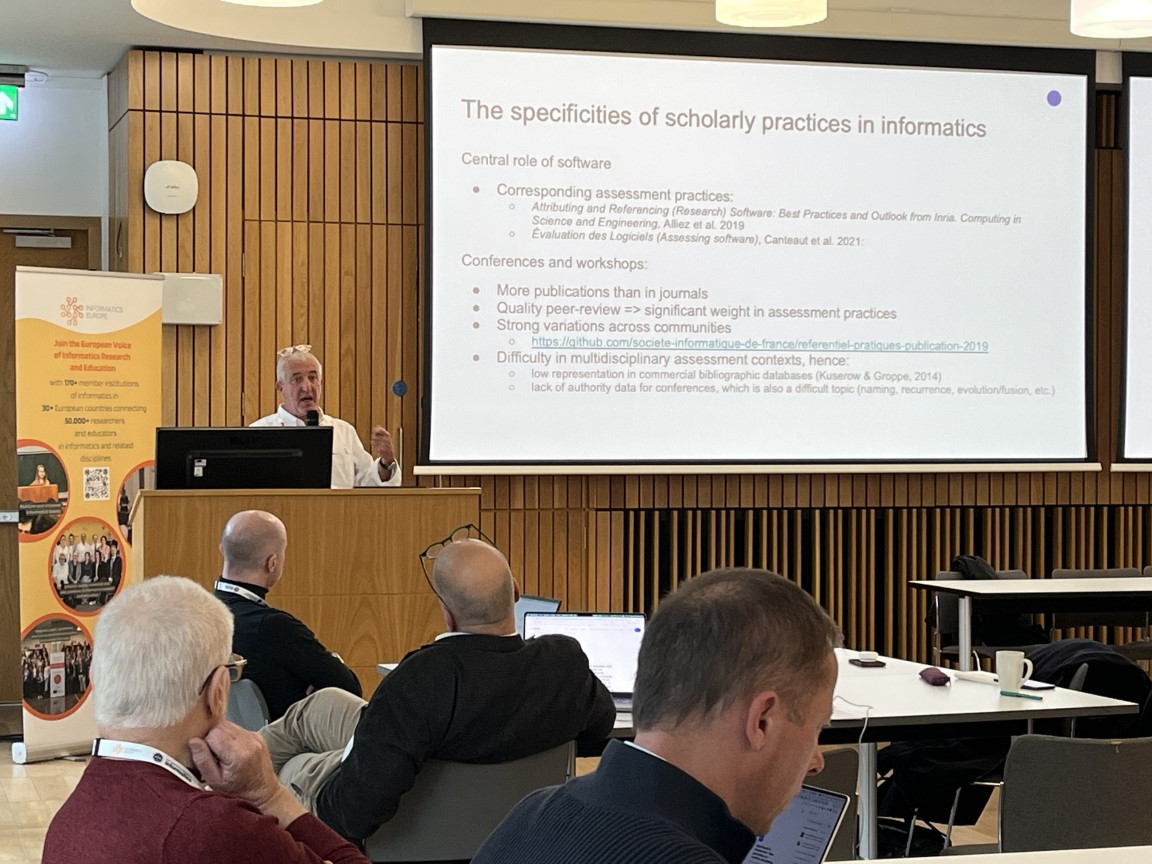
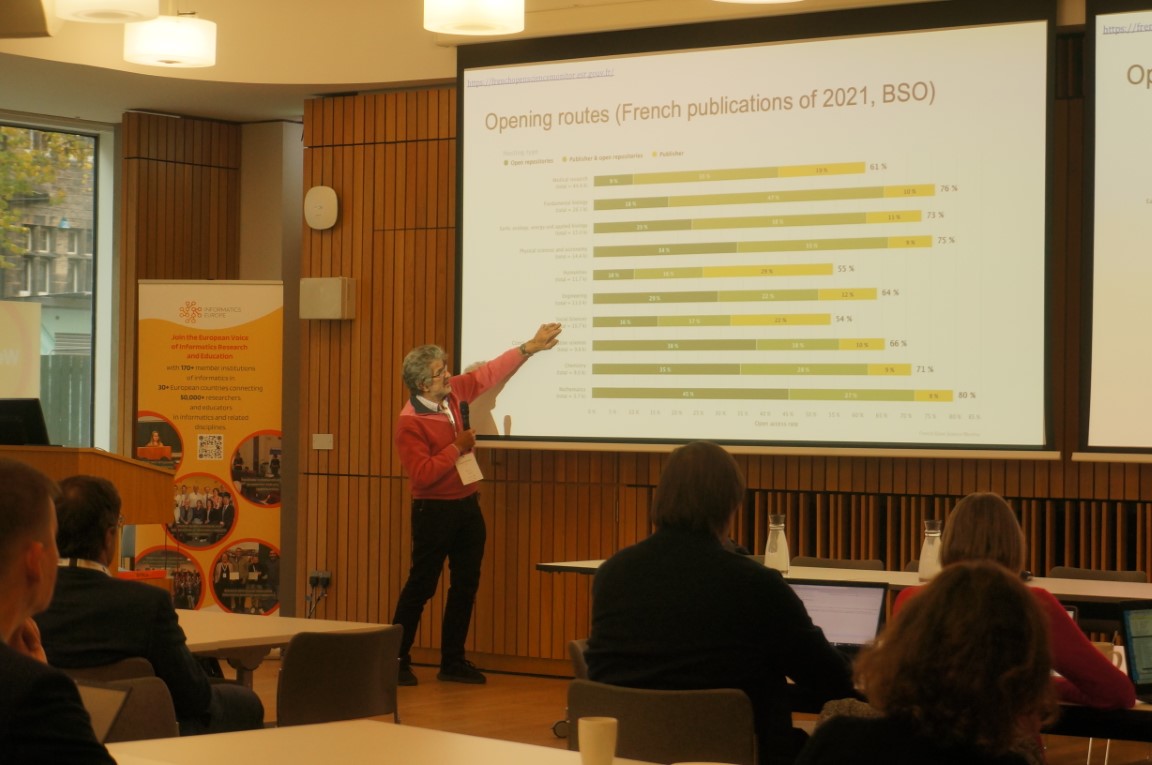
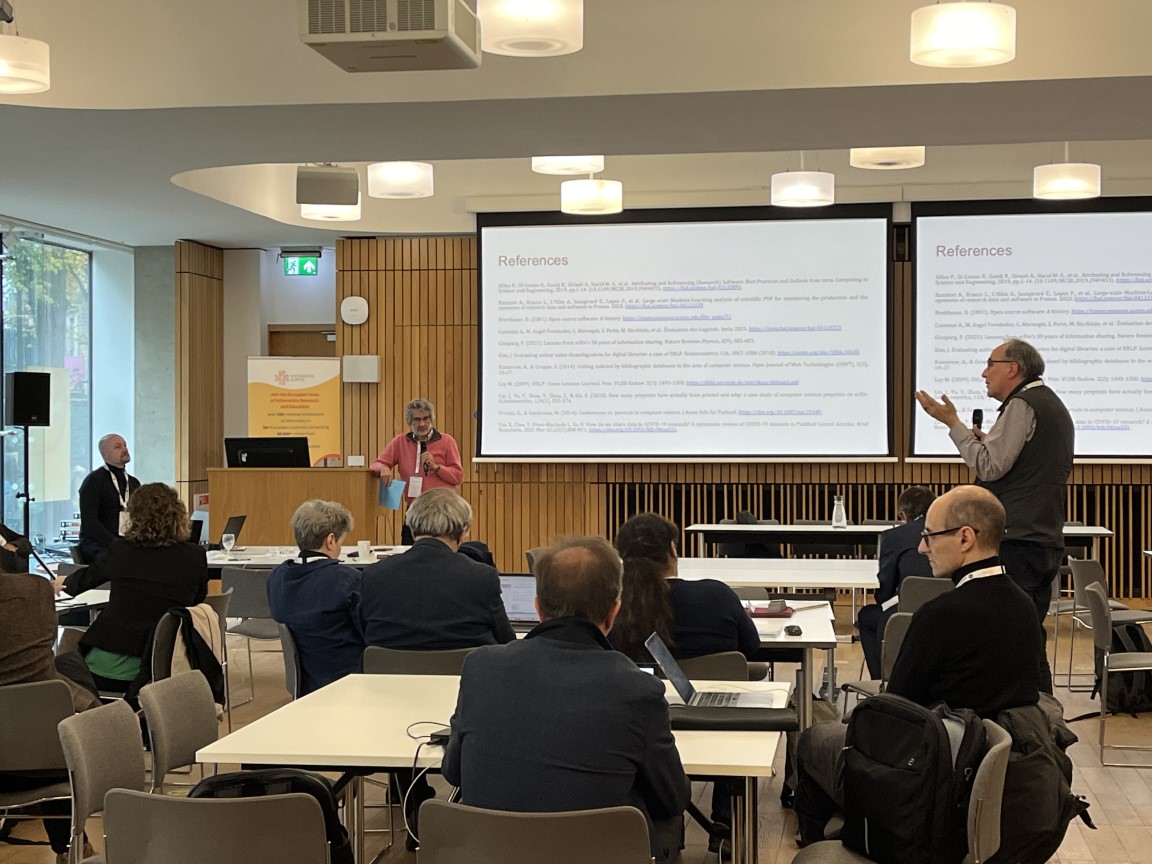











 Netlogica
Netlogica